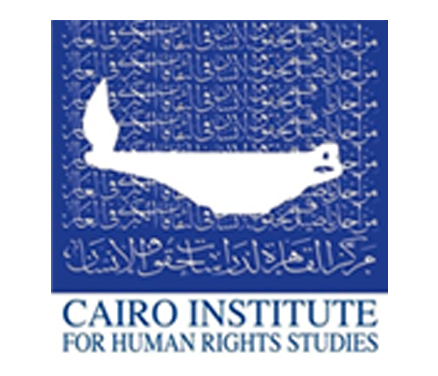Yesterday morning, November 28th, 2017, the first appeal to revoke the reassignment of investigative judge Hisham Abdel Meguid to Case 173 of 2011, known as the “Foreign Funding Case,” was heard by the Supreme Administrative Court at the State Council. The appeal was lodged by the undersigned human rights defenders, who contend that the judge’s reassignment to this case by the President of the Cairo Court of Appeal violates Article 66 of the Code of Criminal Procedure. The article stipulates a 6-month appointment for investigative judges –with only one potential 6-month renewal – a drastically shorter time period than the approximately three years Abdel Meguid has been presiding over the case. According to Egyptian law, all decisions taken by the investigative judge over the last two years are invalid, including at least 28 travel bans (two of which were issued in December 2014) as well as asset freezes against at least 10 human rights defenders and 7 human rights organizations.
Article 66 specifies that investigative judges shall be appointed for a period not exceeding 6 months, renewable only once for an additional period of six months in case the appointed judge is unable to complete the investigation. Thus far, Abdel Meguid has failed to give any statement or explanation justifying the prolongation of his assignment to this case two years beyond the maximum legal limit, as is required by law.
Several requests were submitted by the appellants, the most important of which were directed to the plaintiff, the President of the Court of Appeal, who is responsible for appointing and reassigning Judge Hisham Abdel Meguid to Case 173. The President was requested to submit the document authorizing the appointment of investigative judges, given to him by the General Assembly of the Cairo Court of Appeal, and was also requested to submit a copy of his decisions to appoint and reassign Hisham Abdel Meguid to investigate the case.
Appellants also requested a copy of the brief submitted by Hisham Abdel Meguid to the President of the Court of Appeal. The brief contains Abdel Meguid’s request for the renewal of his appointment, as well as his explanation for his inability to complete the investigation within the legally proscribed period, as required by Article 66 of the Code of Criminal Procedure. Copies of these documents were requested by one of the defendants in this case, Mohamed Zaree, of the Cairo Institute for Human Rights Studies (CIHRS) on May 22nd of this year. The Court of Appeal referred Zaree’s request to the investigative judge Abdel Meguid, who, quite expectedly, rejected it without providing rationale.
The hearing ended with appeal’s referral to the State Commissioners. During the hearing, Abdel Meguid deliberately interrupted the lawyers and did not take note of several requests. Lawyers representing one of the appellants were not allowed to speak or state their requests, while the defense representative of the Cairo Court of Appeal did not attend the hearing. The state’s obstinacy in flouting due process to assign investigative judges without clear selection criteria, and to prolong their assignment far-beyond the limit proscribed by Egyptian law, indicates that Case 173 is motivated by a desire for retribution against human rights defenders rather than concerns of justice and the rule of law.
Appellants (in alphabetical order):
Bahey El Din Hassan
Jamal Eid
Aida Saif Al Dawla
Izzat Suleiman
Mohammed Ahmed Zaree
Mozn Hassan
Mostafa El Hassan
Share this Post

